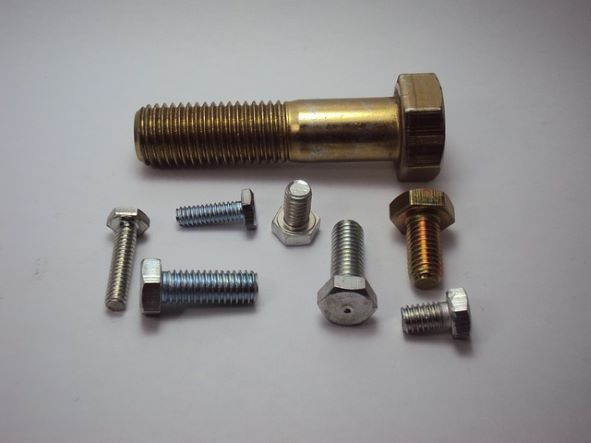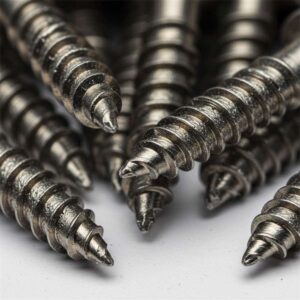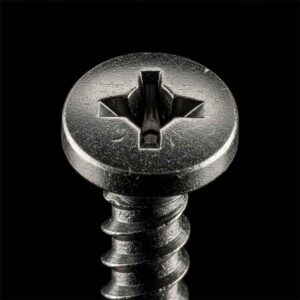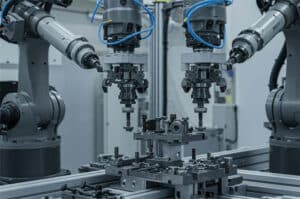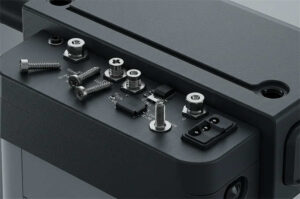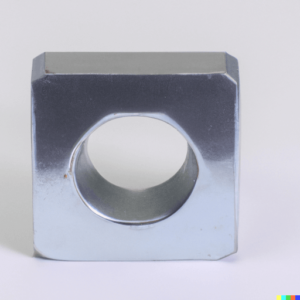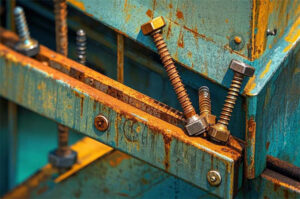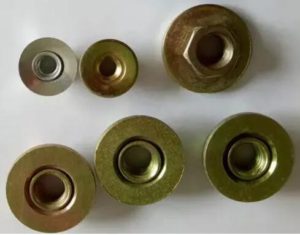Fastener Platings, Finishes, & Coatings
We often encounter improvements and further modifications of fasteners to enhance their functionality in many kinds of assemblies. One of which processes to improve fasteners is adding layers of chemicals or elements that can provide them protection from corrosion, rust, friction, etc. is called fastener finishing/coating/plating. These methods provide fasteners with the most ability to eliminate damage and failure. But to understand how they work, let’s define the significant characteristics of these methods.
Understanding Different Kinds of Fastener Finishing Treatments
Different terms are usually used in the surface treatment of fasteners, such as fastener coating, finishing, and plating. These methods offer a similar goal of providing an additional layer for corrosion resistance and other forms of failure in fasteners that are caused by exposure to weather or chemicals.
The most common fastener finishings:
Zinc plating – can be used in all types of metal, providing a white to blue-grey surface appearance and a good amount of rust resistance at a low cost.
Hot dip galvanizing (HDG) – is the most common fastener finishing as it offers maximum corrosion resistance to all types of metal. The parts are coated and dipped with pure zinc for a significant thickness and appear in dull grey.
Cadmium – offers superior and excellent resistance to rust, especially in marine and aviation applications yet is considered toxic to the environment.
Black phosphate – is used in ferrous metal and stainless steel materials. The process is usually done by chemical discoloration with a combination of oil mostly for rust resistance.
Nickel – provides a hard and stable finish on materials with very good corrosion resistance. The appearance comes in silver which is also, particularly an expensive option.
Chromium – is one of the most expensive finishing fasteners, adding a hard and lustrous characteristic and wear resistance. It applies to all types of metal and comes in a bright blue or white appearance.
Passivating – the name comes from the passive corrosion resistance finishing that it provides. The process undergoes dipping of parts in nitric acid which removes iron particles in stainless steel materials.
Anodizing – can provide a hard oxide surface finish when dipped in acid. It offers excellent corrosion resistance and applies to aluminum material.
In conclusion, fasteners can be further modified to provide additional protection from corrosion through certain processes like plating, finishing, and coating. They do not only affect the appearance of fasteners but most importantly their functionality and effectiveness. When unsure about fastening and the qualities of fasteners, be sure to connect with experts and professionals. Contact a reliable fastener manufacturer and supplier for expert opinion and advice. Visit Prince Fastener Manufacturing Co., Ltd. for your different fastening needs.
